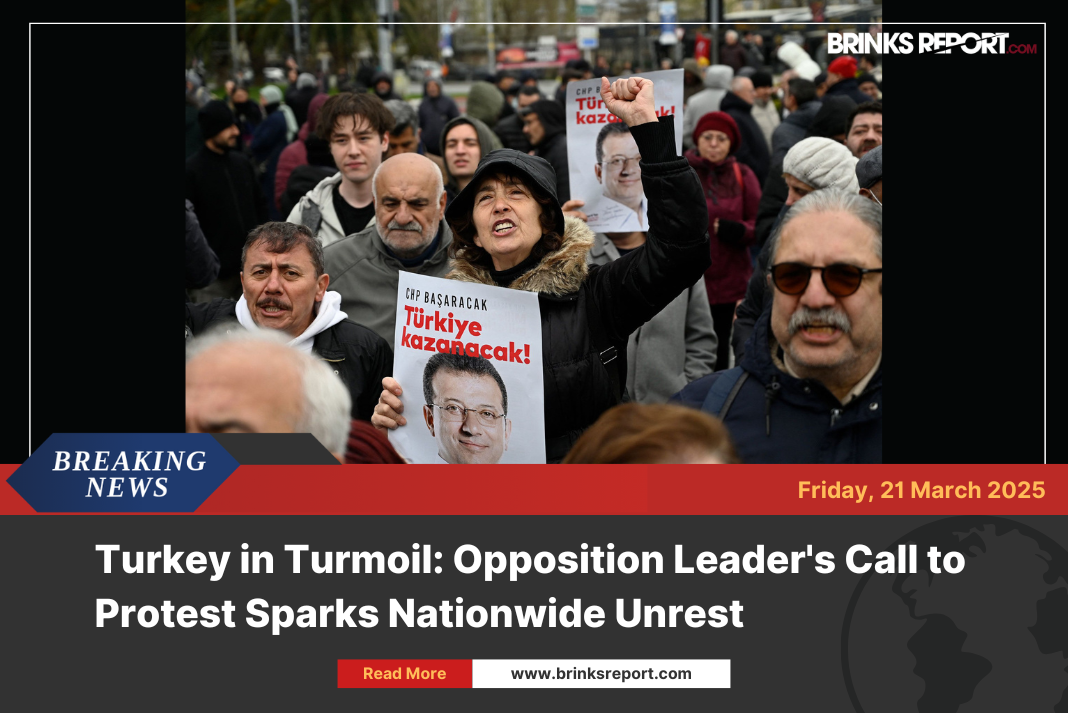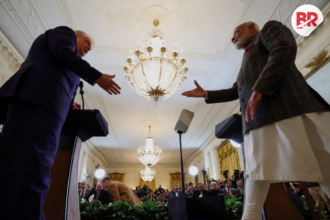
Iranian President Masoud Pezeshkian has refused direct talks with U.S. President Donald Trump about Iran’s nuclear program but is open to indirect discussions. Pezeshkian said Iran replied to Trump’s letter through Oman, rejecting direct negotiations but agreeing to indirect ones. He emphasized that the U.S. must first fix its past mistakes and rebuild trust before any meaningful talks can happen.
Tensions between the U.S. and Iran have been rising. In an interview, Trump warned, “If they don’t make a deal, there will be bombing.” He also mentioned that if Iran refuses to negotiate, he might impose additional economic sanctions like he did in the past.

Barbara Slavin, an expert on international affairs, said Iran has reasons to distrust Trump, especially after he withdrew from the 2015 nuclear deal. She pointed out that Iran is more concerned about economic sanctions than military threats. Iran’s economy is struggling with high inflation, unemployment, and a weakening currency.
The U.S. has increased its military presence in the region, moving bombers to Diego Garcia and sending another aircraft carrier. Some believe the U.S. might take military action, possibly with Israel, if diplomatic talks fail.
Read More: U.S. Tariffs Spark Oil Rally: Prices Jump 7% as Venezuela, Iran Supplies Shrink
Earlier in March, Trump sent a warning letter to Iran’s Supreme Leader, Ayatollah Ali Khamenei, urging Iran to negotiate or face military consequences. Khamenei dismissed the warning, saying Iran would only communicate through intermediaries.
During Trump’s first term as president (2017-2021), he pulled the U.S. out of the 2015 nuclear deal, which had limited Iran’s nuclear activities in exchange for lifting sanctions. Since then, Iran has increased its stockpile of nuclear material, though it insists its program is for energy purposes only.
Also See: Iran’s Currency Now Worth Almost Nothing—What Happens Next?
Iran’s economy has suffered under U.S. sanctions, and many believe only a new deal with Washington can bring relief. Kamal Kharrazi, an adviser to Khamenei, said Iran “has not closed all doors” to talks and is willing to negotiate indirectly to assess the U.S.’s intentions before making a decision.












